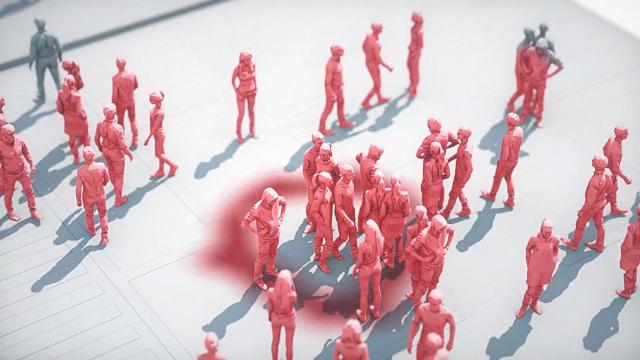It’s the question everyone wants answered: How long are we protected from catching Covid-19 after we’ve recovered from the novel coronavirus — and what does that really mean?
Last week, the US Centers for Disease Control and Prevention updated its quarantine guidelines online to say that people who have recovered from Covid-19 do not need to quarantine or get tested again for up to three months — but the agency clarified in a statement to CNN on Friday that does not mean that people are immune to reinfection.
“People who have tested positive for COVID-19 do not need to quarantine or get tested again for up to 3 months as long as they do not develop symptoms again,” the CDC guidance stated.
A CDC spokesperson said the guidance is “based on the latest science about COVID-19 showing that people can continue to test positive for up to 3 months after diagnosis and not be infectious to others.”
Yet “this science does not imply a person is immune to reinfection with SARS-CoV-2, the virus that causes COVID-19, in the 3 months following infection. The latest data simply suggests that retesting someone in the 3 months following initial infection is not necessary unless that person is exhibiting the symptoms of COVID-19 and the symptoms cannot be associated with another illness,” the CDC statement said.
“I think this is an incredibly sticky wicket, as the British would say,” said Dr. William Schaffner, a professor of preventive medicine and infectious diseases at Vanderbilt University School of Medicine in Nashville, who was not involved in the CDC guidance.
“We think antibodies correlate with protection, but we don’t really know that yet,” Schaffner said.
Practical applications, Schaffner added, are still a long way off. Can a person who has antibodies begin to date or stop wearing a mask, for example? Absolutely not, he said emphatically.


